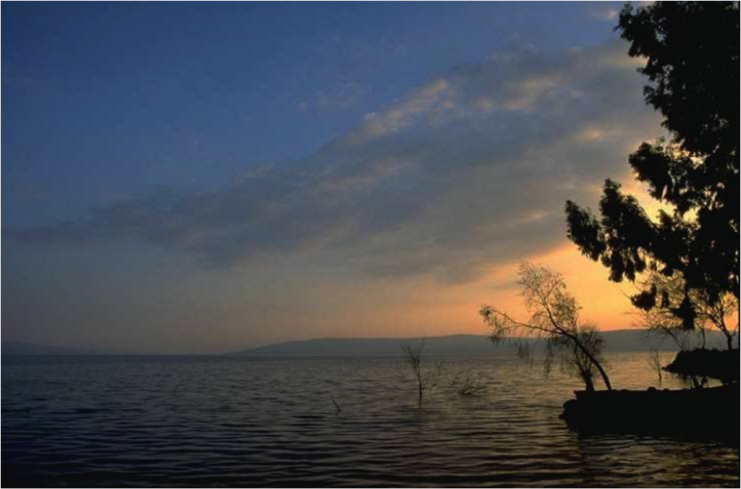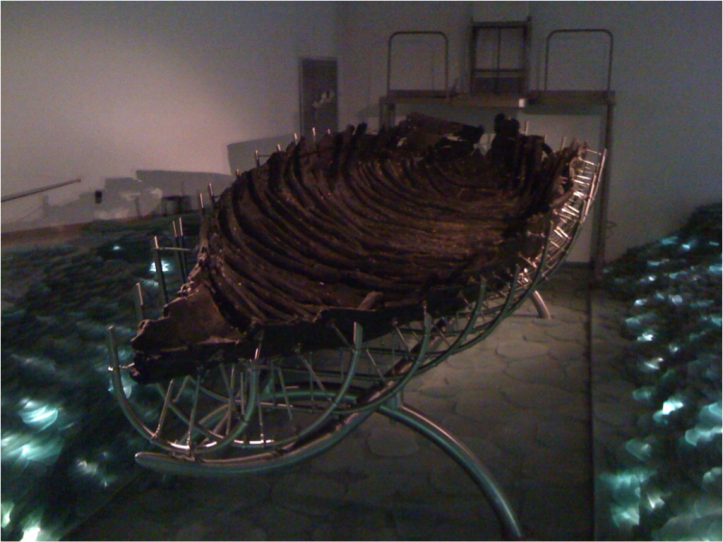Capernaum: “He went and lived there”
Matthew 4:12-22
Now when he heard that John had been arrested, he withdrew into Galilee. And leaving Nazareth he went and lived in Capernaum by the sea, in the territory of Zebulun and Naphtali, so that what was spoken by the prophet Isaiah might be fulfilled:
“The land of Zebulun and the land of Naphtali, the way of the sea, beyond the Jordan, Galilee of the Gentiles—the people dwelling in darkness have seen a great light, and for those dwelling in the region and shadow of death, on them a light has dawned.”
From that time Jesus began to preach, saying, “Repent, for the kingdom of heaven is at hand.”
While walking by the Sea of Galilee, he saw two brothers, Simon (who is called Peter) and Andrew his brother, casting a net into the sea, for they were fishermen. And he said to them, “Follow me, and I will make you fishers of men.” Immediately they left their nets and followed him. And going on from there he saw two other brothers, James the son of Zebedee and John his brother, in the boat with Zebedee their father, mending their nets, and he called them. Immediately they left the boat and their father and followed him.
(ESV)
During one of my trips to Philadelphia in the 1990s, I was sitting in another room in his house when my host Chad Van Dixhoorn yelled, “George, you’ve got to look at what I’ve just observed!” He was preparing his Sunday School lesson for the next day on the Westminster Larger Catechism (WLC) when he noticed that unlike most other catechisms, the WLC included a question on the life of Christ. Most, following the Apostle’s Creed, skip from his birth to his death, from Bethlehem to Calvary. While Calvin’s catechism asks why the life of Christ is not included in the Apostles’ Creed, Calvin basically answers, “Because it is not important”! However, the WLC follows the Bible, not the Creed, and therefore wrestles with the significance of the ministry of Christ’s life:
Christ humbled himself in his life, by subjecting himself to the law, which he perfectly fulfilled; and by conflicting with the indignities of the world, temptations of Satan, and infirmities in his flesh, whether common to the nature of man, or particularly accompanying that his low condition (WLC #48).
So Matthew tells us that Christ went and lived in Capernaum. Capernaum, one of the villages around the Sea of Galilee, was not an easy place to live because it was in Galilee—it was to “conflict with the indignities of the world.” Nevertheless, Jesus announced his Kingdom in the center of trouble—a Kingdom that was contrary to everyone’s imaginations. The dominant political kingdom of the day was Caesar’s, locally expressed by Herod. And the more grotesquely self-indulgent, physically cruel, and financially oppressive Herod became, the more the Galilean Jews longed to liberate themselves from him by any means.
Below is a picture of Mt. Arbel where Galilean rebels once tried to fortify themselves against Herod, but his soldiers repelled into the caves and destroyed them.

While Jesus’ Kingdom was so powerful that it would ultimately undermine Herod’s and Caesar’s, it would not come as objectively and immediately as the oppressed wanted it. In other words, his Kingdom was spiritually powerful. And because of that, it was sufficient to liberate them from more bonds than they knew they had—sin, the devil, and all future political kingdoms, which would think they could supplant God.
But by coming to live in Capernaum, Jesus showed not only that he would personally deal with all of our trials, but also that he would bring his Kingdom to bear on earth through us. So right after Matthew records that he came to live in Capernaum, he relates the calling of the first disciples while Jesus walked along the Sea of Galilee.

There he found Peter and Andrew in their workaday world and called them from there to follow him and bring his extraordinary Kingdom to bear on their ordinary world. The boat pictured below is similar to what Peter and Andrew would have used. Discovered about twenty years prior to my visit, it dates back to Jesus’ day.

Jesus went and lived in an ordinary place subject to all the same difficulties we face. Jesus brought a kingdom of spiritual power rather than physical power. Jesus called fisherman rather than the political and religious elite. This should encourage us that Jesus’ work of redemption is not removed from our everyday life, making it out of reach for us. Jesus has called us to participate in the bringing of his kingdom as well, and we can do so in the ordinary places to which he has called us.
